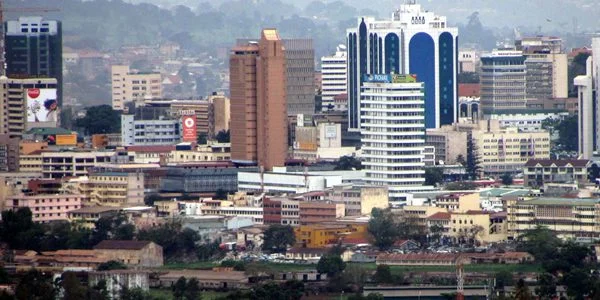Mercer has released its 23rd annual Cost of Living Survey for 2017, highlighting that cities in Africa, Asia, and Europe dominate the list of the most expensive locations for expatriates.
Among the over 400 cities surveyed, Kampala (Uganda) ranks 186 out of 187, making it the most affordable city in the East African Community (EAC). In comparison, Nairobi (Kenya) ranks 111 out of 116, while Kigali (Rwanda) is at 147 out of 139. Dar es Salaam (Tanzania) ranks 164 out of 174.
The report indicates that factors such as housing market instability and inflation in goods and services significantly impact the overall cost of doing business globally.
Ilya Bonic, Senior Partner and President of Mercer’s Career business, stated, “The globalization of the marketplace is well documented, with many companies operating in multiple locations and promoting international assignments to enhance future managers’ experiences. Sending employees overseas, whether for short or long-term assignments, offers numerous personal and organizational benefits, including career development, skill transfer, and resource reallocation.”
According to Mercer’s 2017 survey, Asian and European cities dominate the list of the most expensive cities for expatriates, with Luanda (Angola) topping the chart due to high costs of goods and security. Other expensive cities include Hong Kong (2), Tokyo (3), Zurich (4), and Singapore (5). The top ten also features Seoul (6), Geneva (7), Shanghai (8), New York City (9), and Bern (10). On the opposite end, the least expensive cities for expatriates are Tunis (209), Bishkek (208), and Skopje (206).
Mercer’s survey is one of the most comprehensive in the world, helping multinational companies and governments establish compensation allowances for expatriate employees. New York serves as the base city for comparison, with all other cities measured against it, considering currency fluctuations against the US dollar.
The survey analyzes over 400 cities across five continents, assessing the cost of more than 200 items, including housing, transportation, food, clothing, household goods, and entertainment.
Mr. Bonic added, “Historically, mobility, talent management, and rewards have been managed separately, but organizations are now adopting a more integrated approach to enhance their mobility strategies. Competitive compensation must be determined based on the cost of living, currency, and location.”




















